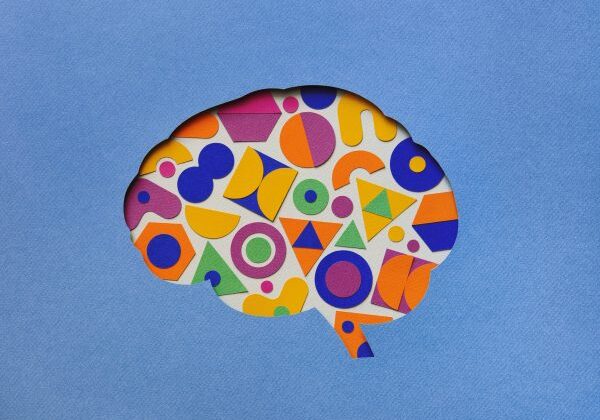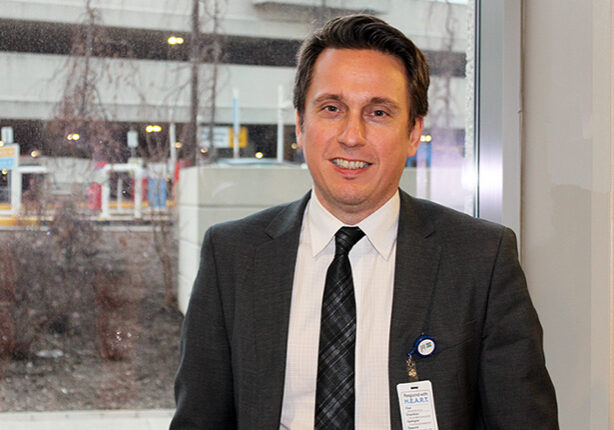
Professor Ervin Sejdić elected to the Royal Society of Canada’s College of New Scholars, Artists and Scientists
Sejdić (ECE) is a leader in the application of machine learning to biomedical research
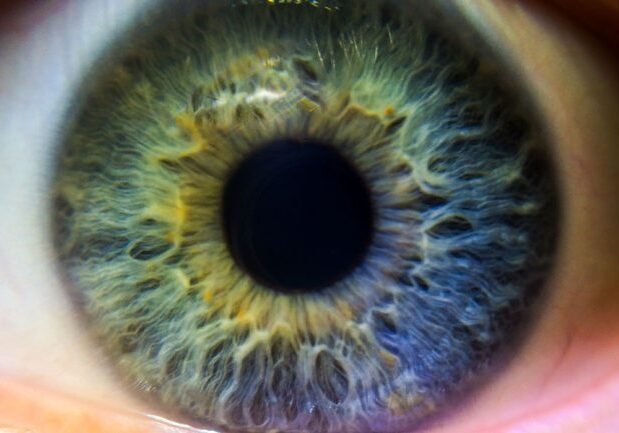
New strategy for delivery of therapeutic proteins could help treat degenerative eye diseases
Professor Molly Shoichet (ChemE, BME, Donnelly) and her team have created a hydrogel that slowly releases multiple therapeutic proteins at independently controlled rates
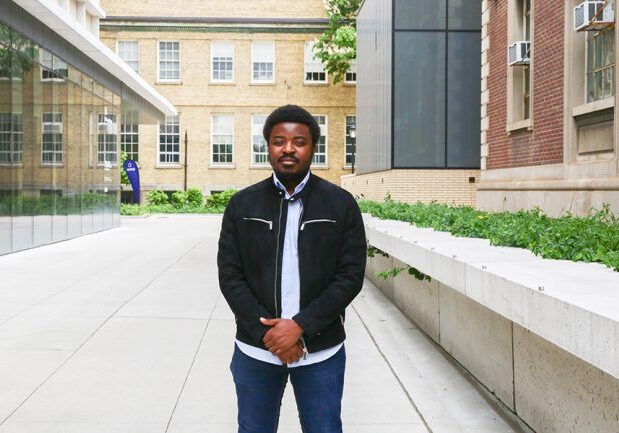
This grad student is developing solar-powered bioreactors to clean water and produce sustainable products
Oseremen Ebewele is one of two recipients of this year’s IBET Momentum Fellowships
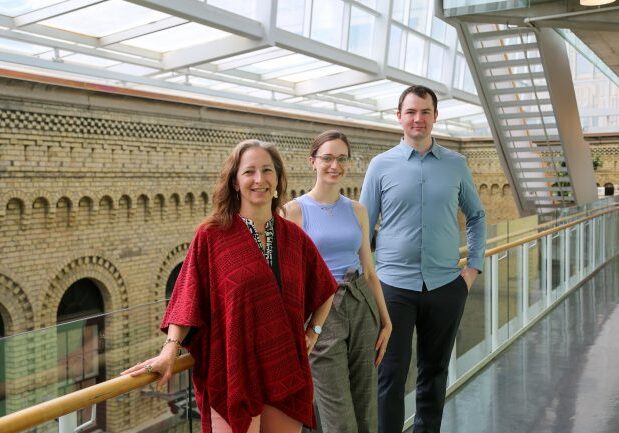
U of T Engineering team designs new hydrogel that opens pathways to more targeted cancer treatments
The bio-inspired material enables lab-grown cells to emulate the complex processes found in the human body
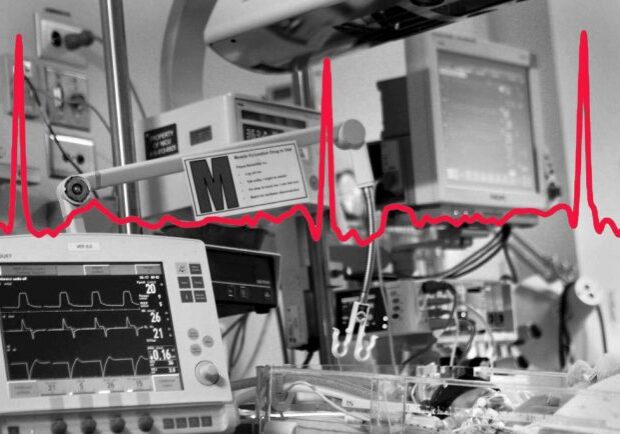
Physiological earthquakes: Researchers aim to leverage experience in analyzing seismic data to predict cardiac events
Professor Sebastian Goodfellow (CivMin), in partnership with researchers at SickKids, aims to apply AI methods used in geology to the analysis of data from ECG scans
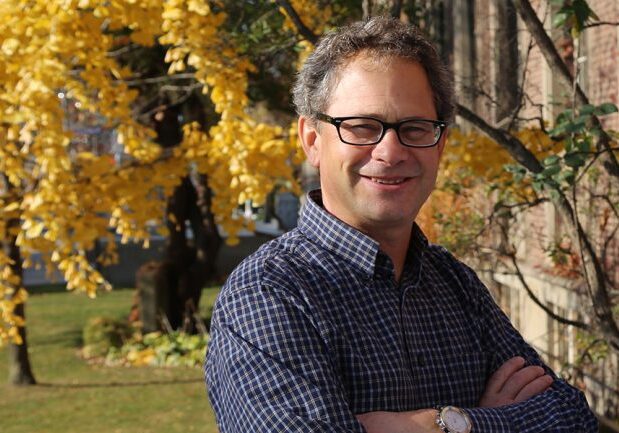
‘Look after each other’: Professor Jeff Brook on the threat posed to cities by extreme heat – and how to respond
Extreme weather events have dominated the headlines this week as dangerous heat waves hit the United Kingdom, central United States and parts of Canada while fires rage in Spain, Portugal and Greece. The severe weather events that climate scientists have long predicted are now here and it will only get worse, says Professor Jeff Brook (Dalla Lana School of […]
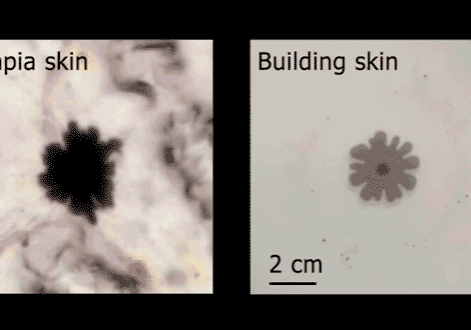
Dynamic building facades inspired by marine organisms could reduce heating, cooling and lighting costs
A U of T Engineering team used carefully controlled fluid injections to design active materials that can help reduce energy usage for buildings

Reverse engineering the heart: U of T Engineering team creates bioartificial left ventricle
U of T Engineering researchers have grown a small-scale model of a human left heart ventricle in the lab. The bioartificial tissue construct is made with living heart cells and beats strongly enough to pump fluid inside a bioreactor. In the human heart, the left ventricle is the one that pumps freshly oxygenated blood into […]

